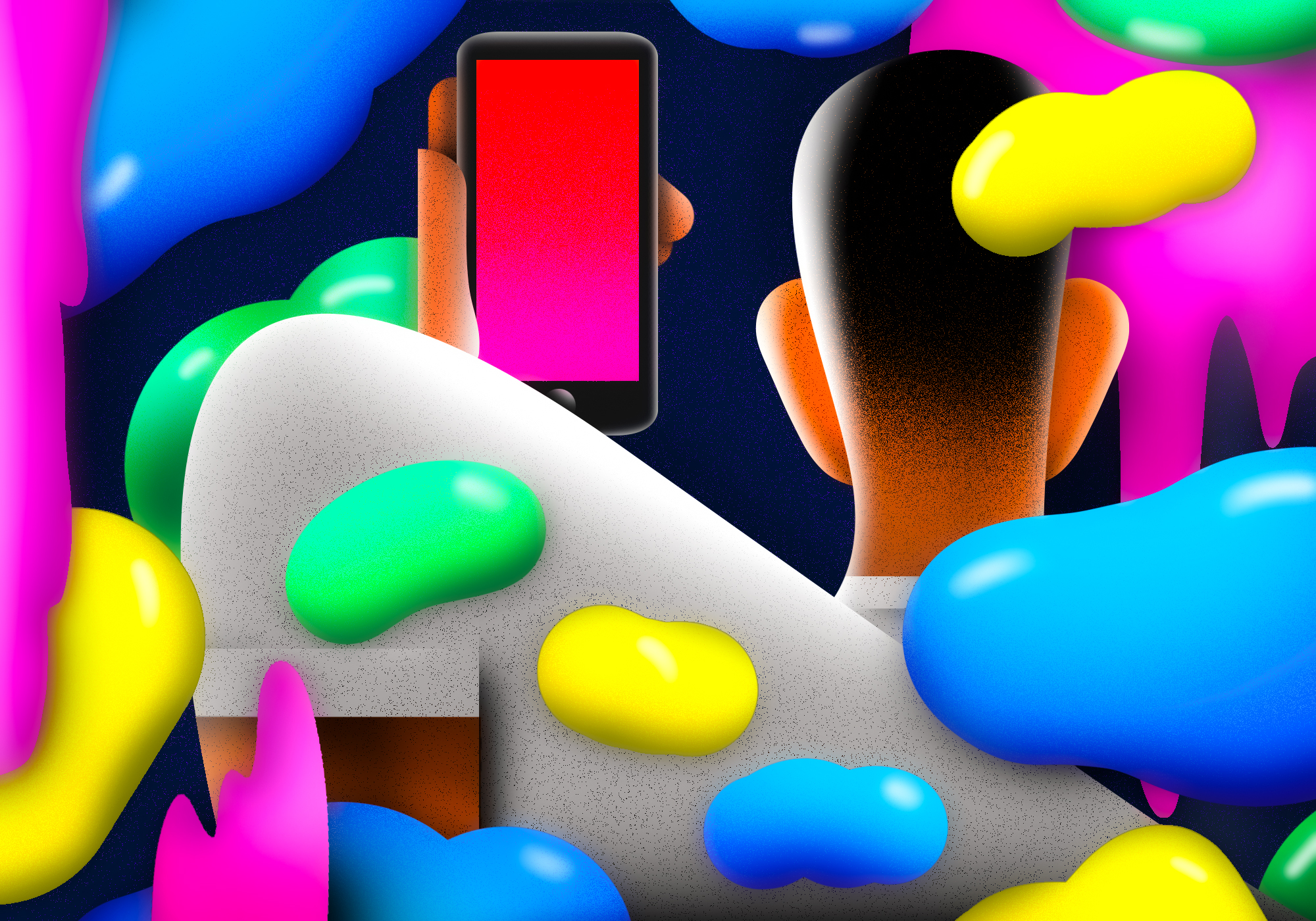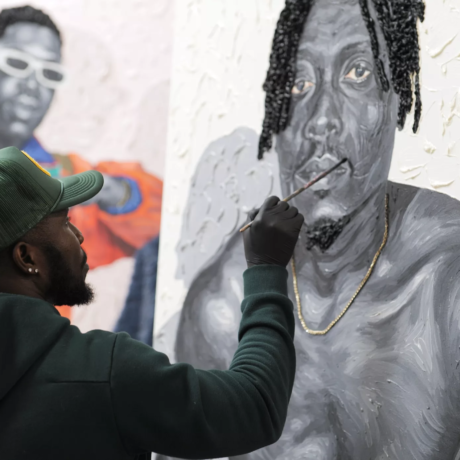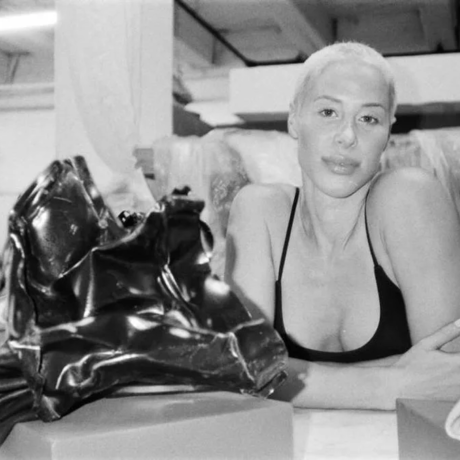
Celebrities are not really supposed to be mysterious anymore. They are supposed to be accessible and relatable. Pop stars, writers, artists, models, actors, musicians, Elon Musk, and every other flavour of famous people now host Instagram Live events and argue on Twitter and post pictures of themselves bored during lockdown. A lot of this is not real, in the sense that it has been choreographed by a manager, or managed by a beleaguered assistant, or is paid for by a brand. Everybody knows this but it doesn’t matter; the intended effect is to make these figures seem more like real people. And it works.
Social media has made us very aware of cultural producers as people, and this can make it difficult to separate their work from their persona. I have been thinking about this recently in the context of an argument that starts up periodically on social media, and is then written up in columns and so enters broader debate: namely what is or is not valid criticism of someone’s work. The interesting thing about this conversation is that it is often not about the form of the criticism, and instead about whether or not it is unkind or ‘mean’. A proper piece of criticism will be detailed, explanatory, use evidence and make a convincing argument, but it can be negative (even very negative) while still being valid.
“There is an idea that criticism should not be too personal, but the boundaries for this depend on the work”
The uncomfortable fact is that it can be unpleasant to have your work subjected to extensive, detailed criticism, probably much more so than if someone just aims a throwaway ‘invalid’ comment at it. An essay about issues with the form and content of a book is probably harder for its author to read than a tweet saying “lol I hated this!!!”, and certainly harder to dismiss. The problem with discussing reviews and critical essays in terms of their ‘meanness’ is that we all seem to have very different ideas of fairness, depending on who or what the review is about. All too often, the public persona of a creator is conflated with their work.
This dynamic can be manipulated, whether intentionally or subconsciously. Some creators effectively insulate themselves from criticism by tying their work and their personal life together. There is an idea that criticism should not be too personal, which is true, but the boundaries for this depend on the work. If someone writes essays about their experience of university, or going on holiday, then it isn’t delving into their private affairs to refer to that, and rather remains within the boundaries of discussing the content of their work. I have noticed a lack of nuance about this in online conversations, particularly when people are discussing reviews of personal essay collections (the response to Lauren Oyler’s review in the London Review of Books of Jia Tolentino’s book was one example of this).
“Creators with large followings become known as people who will lash out in response to criticism, by tweeting or Instagramming angry rebuttals”
There are numerous ways of deflecting criticism on social media. Some celebrities (from popstars to film directors) tie their personal brand to a social justice message (say, by aggressively branding themselves as a feminist or an environmental activist) and so any criticism of their work can be interpreted as a strike against this message.
The patronising accusation of “women tearing down other women”, which infers that women are incapable of engaging with each other’s work in a professional critical capacity rather than a personal one (and affirms the tired liberal feminist trope of equating individual advancement with collective gain), seems to be used very often at the minute by social media commentators. Meanwhile, other creators with large followings become known as people who will lash out in response to criticism, by tweeting or Instagramming angry rebuttals to negative reviews (or having famous friends do so on their behalf), and so their work is preemptively defended by a menacing persona.
When the ethics of criticism hinge on ‘meanness’, the double standards can lead to strange arguments. In a recent piece published in The Guardian about the abuse critics can receive on social media for writing negative reviews, the author laments their own experience of this during their career as a music and entertainment journalist. However, they then refer negatively to the work of another critic, whose unfavourable review of Dolly Alderton’s latest novel went viral in 2020. “If criticism is an art, then this was a bad example,” the journalist states.
What they fail to mention is that the author of this review received their own share of abuse online, mainly from media figures on Twitter. The subtext is that the review of Alderton’s book had crossed a line, making the backlash acceptable, but the Guardian writer did not explain what this line was, beyond the review being negative. Plenty of people shared it enthusiastically. Indeed whether or not someone viewed it as too negative or acceptable seemed to depend on their view of Alderton.
“Critics who write even mildly negative reviews face an army of angry fans who view anything other than obsequious praise as an attack”
When our liking for certain personalities dominates our idea of what is and is not acceptable, inconsistencies abound. The apex of this is the culture that has evolved around pop stars, with critics who write even mildly negative reviews of stars such as Lana Del Rey facing an army of angry fans who view anything other than obsequious praise as an attack. Pop stars have always had fans, but social media has given them a new level of access, which seems to have fostered a greater sense of familiarity and protectiveness over their beloved stars.
Of course, on social media it is not only celebrities or critics who perform a persona. We all do. This too has changed the way we interact with criticism. People will cheer on takedowns, particularly of work that has been widely praised, for the sense of being included in the drama of an argument.
There is the sense of one side of a braying, apple-pelting audience, gleeful at the sight of an overhyped figure taking their turn in the stocks, while the opposing side boos and hisses at the pantomime villain of a nasty critic. Social media has turned the response to creative work, and the potential subsequent wave of response to this criticism, into a spectacle all of its own.





